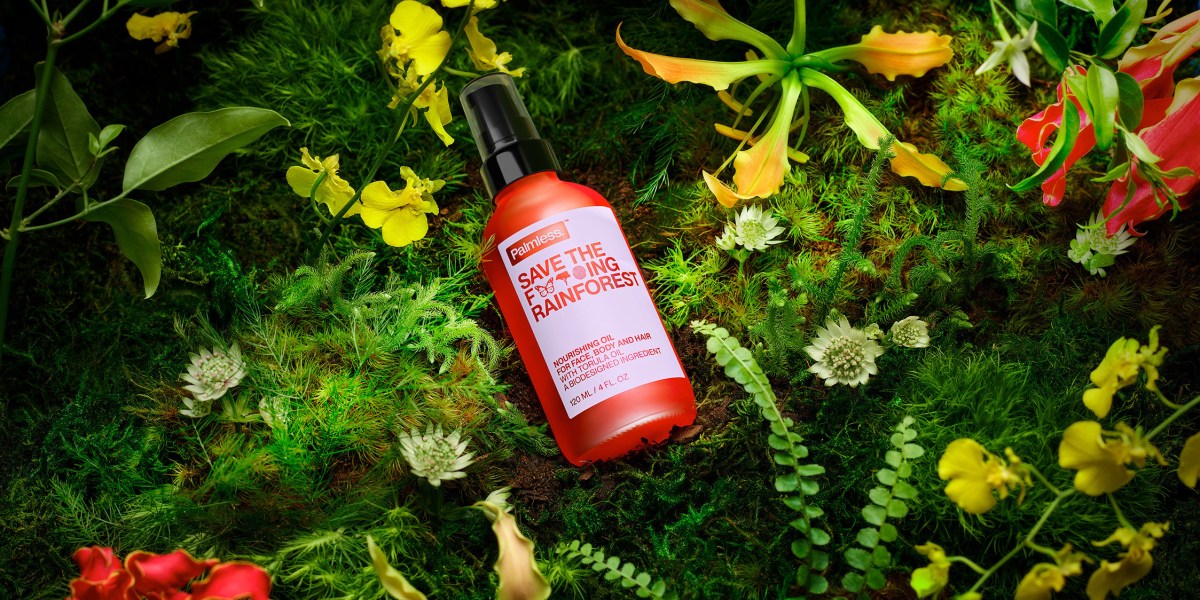Like palm oil, but better for the planet

Palm oil is used in everything from soaps and cosmetics to sauces and crackers, but its production can be environmentally devastating. Producers burn down rainforests and swamps to make way for plantations, decimating wildlife habitats and producing staggering greenhouse-gas emissions. A company started by MIT classmates has used synthetic biology to develop an alternative.
David Heller ’18, Shara Ticku (then a Harvard Business School student), and Harry McNamara (then a PhD candidate in the Harvard-MIT Program in Health Sciences and Technology) met in a Media Lab class and founded C16 Biosciences after receiving some of their first funding through the MIT $100K Pitch Competition and the MIT Sandbox Innovation Fund. The company now harvests what it calls Torula Oil from a strain of oil-producing yeast, which ferments sugars in a precision process similar to brewing beer.
C16 is currently producing oil in 50,000-liter tanks and has launched a consumer brand called Palmless. Heller says it is working to partner with large personal care brands and eventually hopes to use its product in foods as well.
With all its efforts, C16 tries to shine a light on the problems associated with the palm industry. “We need to find a way to reduce our reliance on deforestation products,” Heller says.



